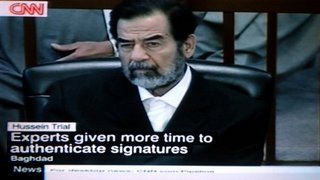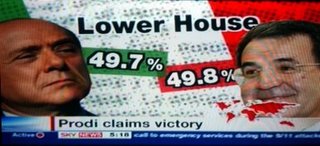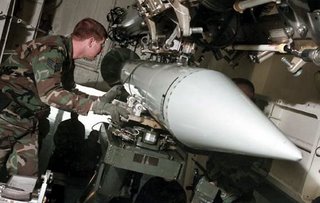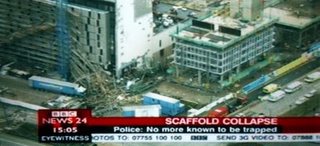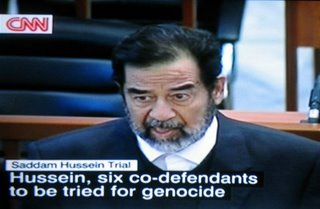
Work began on Thursday on the building of the new Freedom Tower in New York. It has been a long wait. But after years of legal battles the go ahead was finally given. The war on terror initiated after the terrorism which saw the destruction of the two towers has also continued unabated throughout the week. On Sunday last week Usama bin Laden released his latest audio message which was broadcast on al-Jazeera. Soon thereafter terrorist struck a tourist destination in Egypt. Blame was attributed to al-Qaeda and there were reports in the press that bin Laden taped message triggered the cell to launch their latest in a series of attacks in the country. More messages from Iraq’s most-wanted surfaced on the internet, that of Zarqawi, who has taken the role of being the leading member of Iraq’s continued insurgency. In the video the leader of al-Qaeda in Iraq was seen discussing terror plots and training with machine guns in the desert. Then came another message from Ayman al-Zawahiri, al-Qaeda’s so called number two. And in the same week that these messages surfaced, so too did a number of reports which painted a grim picture of the increased number of terrorist strikes worldwide since 9/11. CBS cited that more than 11,000 attacks had occurred in the 5 year period with more than 3,000 occurring in Iraq alone. Britain also saw the release of a report which said that Britain’s nuclear power stations were under risk from a terror strike and recommended that radioactive waste be buried underground. The situation on the ground in Iraq sees little improvement and terror attacks and suicide bombing happen almost daily. And besides President Bush’s upbeat messages and surprise visits to Iraq by top US official there is little sign of change to a country which is sliding further towards a state of civil war.
And as the coalition death toll increases even further, the fear of an imminent strike on Iran, following its refusal to stop uranium enrichment, looms. Though in a recent speech, President Bush insisted that diplomatic resolutions were still not exhausted. Though his recent track record will do little to comfort those who fear a strike against Iran is inevitable.






